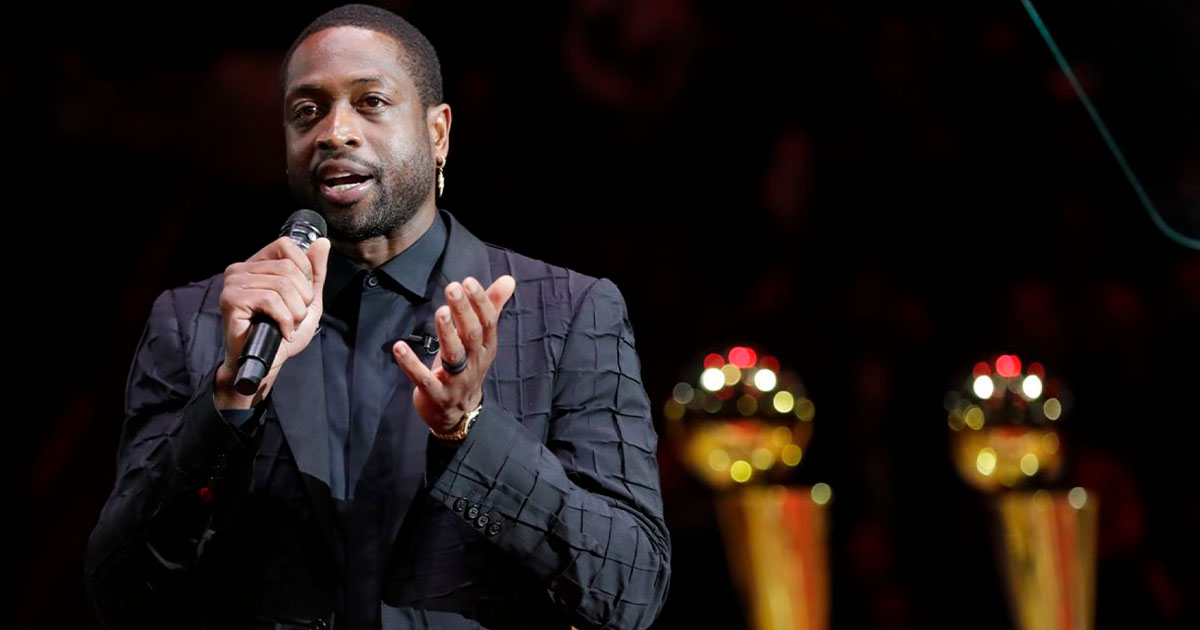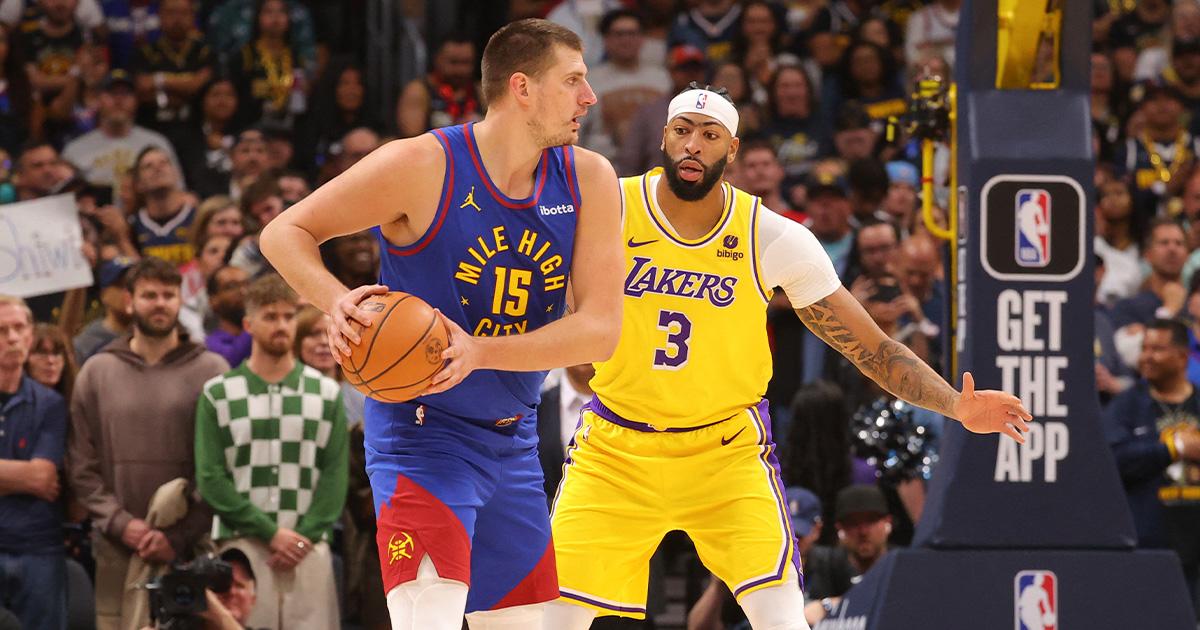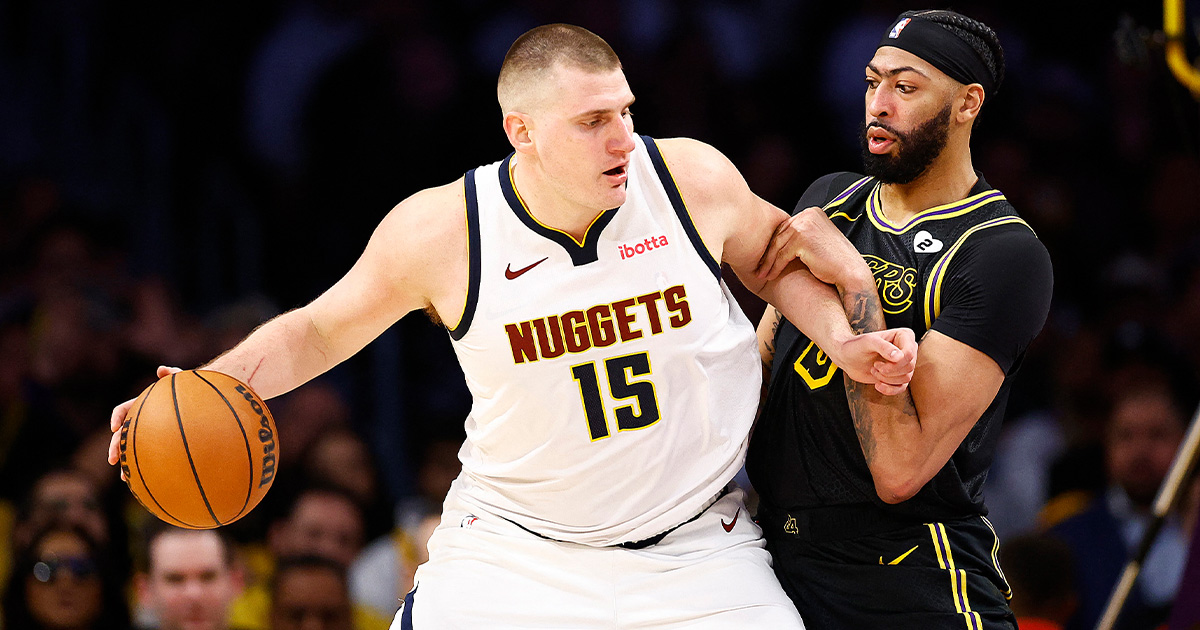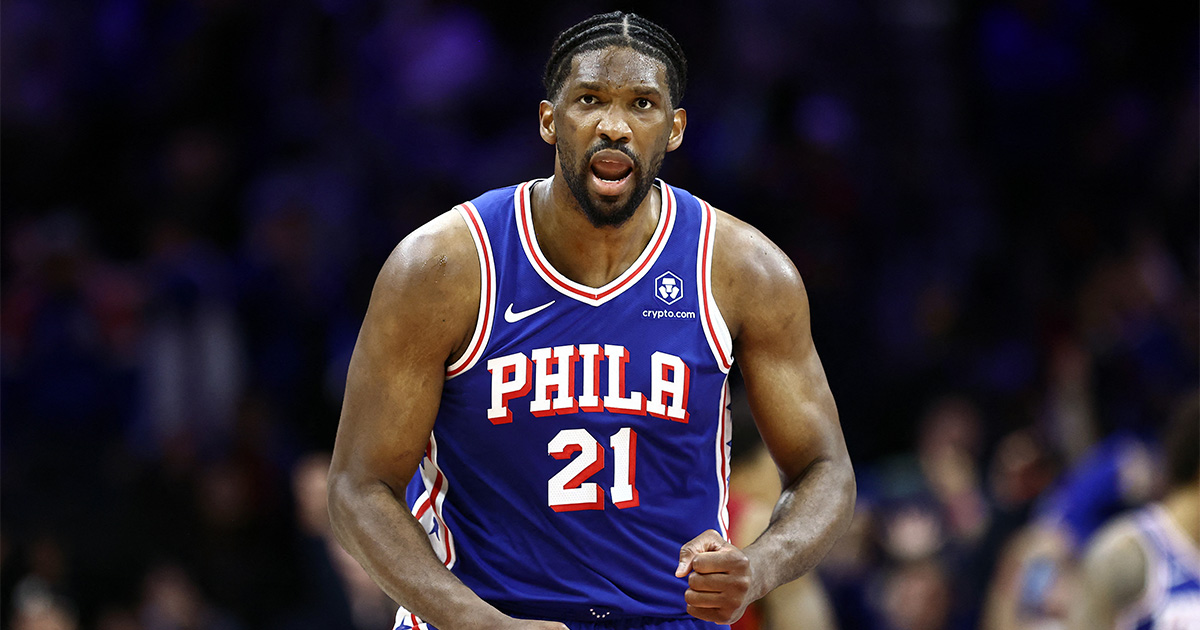So much emphasis has been put on how the current climate in the NBA has been about player empowerment.
It’s a common occurrence for players to move to the coaching ranks or assume front office positions, but there has been an emerging trend among retired NBA players in joining ownership groups of NBA squads and other sports teams.
Notable examples include Grant Hill, Michael Jordan, and Shaquille O’Neal, who have respective ownership stakes in the Atlanta Hawks, the Charlotte Hornets, and the Sacramento Kings. Jordan actually is a two-time member of this group, as he was once a minority owner and then vice-president for basketball operations for the Washington Wizards. Let’s just say that his playing stint with the Wizards fared better than his stint as a front office executive.
Magic Johnson was previously a part of this category until he sold his stake in the Los Angeles Lakers in order to assume his role as the team’s president of basketball operations (and we all know how that went down). On the side, Johnson remains a member of the ownership groups of the WNBA’s Los Angeles Sparks and the Major League Baseball’s (MLB) Los Angeles Dodgers.
Dwayne Wade is the latest to join this exclusive club, as it was announced last April 17 that he had purchased an ownership stake in the Utah Jazz. Apart from his role as an owner of the Jazz, Wade also promised to be active both as a team owner and as an adopted member of the state of Utah.
In fact, he isn’t the first of the banana boat crew to delve into ownership as LeBron James has a small stake in the English Premier League’s Liverpool and recently joined the Fenway Sports Group, which also owns Liverpool and the MLB’s Boston Red Sox among others. Chris Paul owns L.A.X., a franchise in the Professional Bowlers Association, and purchased a minority stake in the Winston-Salem Dash, a minor league baseball team from his hometown. Carmelo Anthony also owned Puerto Rico FC, a North American Soccer League (NASL) expansion team, but it was dissolved in 2018 after the cancellation of the 2018 NASL season.
Athletes have always been business-minded, but it’s their involvement with sports teams that has been getting attention as of late. Shaq is known to be an active investor in many companies and has branches of both Krispy Kreme and pizza chain Papa John’s, of which he is also part of the board of directors. James himself also dabbles in the food service industry thanks to his investment and cameo with Blaze Pizza.
Location has also been a factor in a player’s off court ventures considering that some players take ownership stakes in their hometown or home country teams. Aside from Jordan and Paul, Tony Parker (ASVEL), Yao Ming (Shanghai Sharks), and Amare Stoudemire have bought into their hometown teams, with Stoudemire buying into Hapoel Jerusalem due to his Hebrew roots.
Crossing sports, football seems to be another promising venture for both current and NBA players as Brooklyn Nets head coach Steve Nash is currently a part-owner of Major League Soccer’s (MLS) Vancouver Whitecaps and La Liga’s RCD Mallorca, while his players James Harden and Kevin Durant are part owners of the MLS’ Houston Dynamos and Philadelphia Union, respectively.
Given how the business strategies of certain players have played out, it can also be said that the location of certain business ventures now factor into the free agency decisions of players. Durant and Andre Iguodola have business interests in Silicon Valley, which is in close proximity to their former team, the Golden State Warriors. One of Durant’s investments has already paid off as his stake in cryptocurrency platform Coinbase could now be worth 53 times what he put in back in 2017.
The typical NBA player will not be able to take on ventures as large as some of these aforementioned players but it’s a welcome sight to see athletes put money into areas that matter (aside from their families of course). Making investments and business ventures will help them ease into retirement life and prevent them from falling into the perils of business fraud.
Currently, league rules prohibit active players from owning NBA teams so the prospect of James joining Wade as a team owner will likely be down the road. The thought of owning an NBA is certainly a dream for players once they hang up their sneakers and somewhat is a way of things coming full circle. Past and current players pave the way for better basketball for future generations so why can’t they do the same once they become owners?















